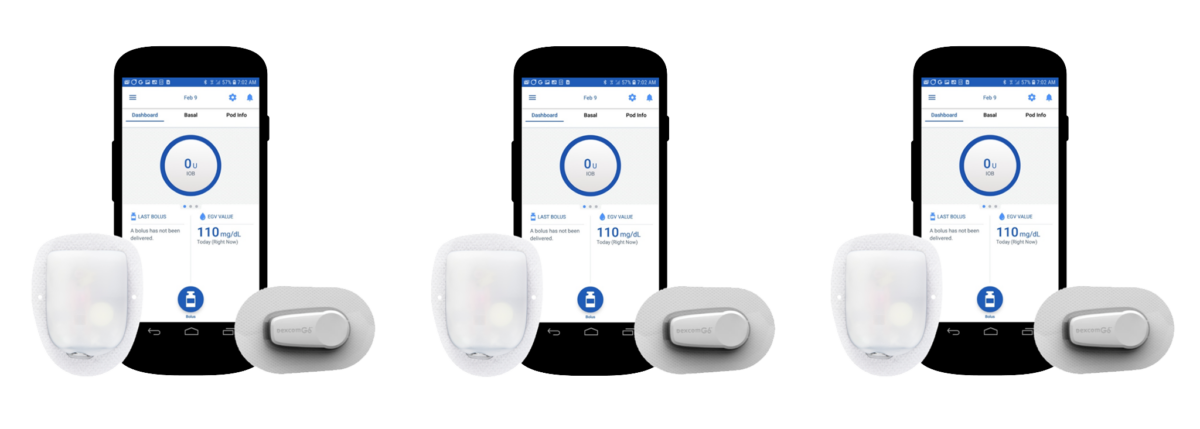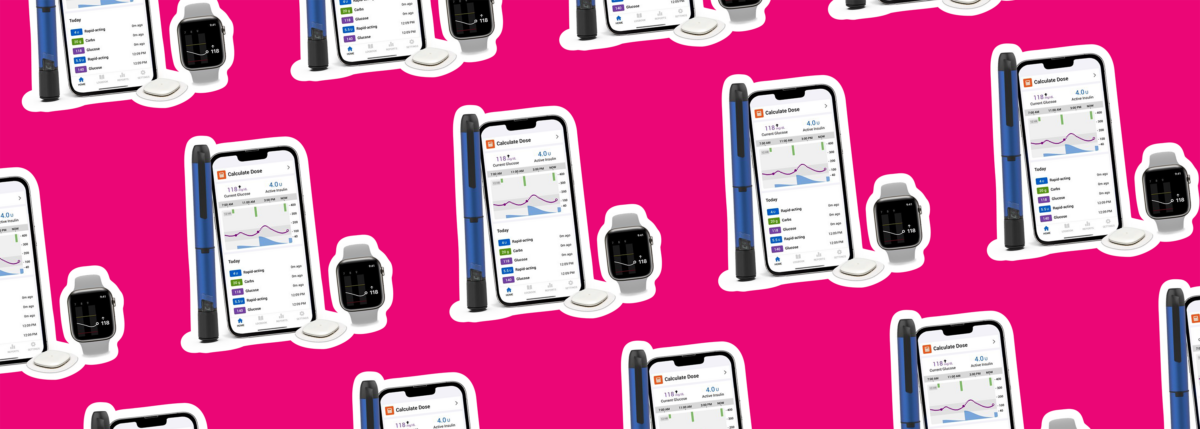Survey Finds the Pandemic Increased Mental Health Concerns Among People With Diabetes
Written by: Kayla Hui, MPH
4 minute read
June 1, 2021
A survey of people living with diabetes conducted by Cecelia Health, an organization helping people with diabetes and other chronic conditions by providing chronic condition care, found that 77 percent of respondents experienced mental health issues such as depression and anxiety during the COVID-19 pandemic. Nationwide, one in four people with diabetes experience more symptoms and episodes of depression when compared to people without diabetes, underscoring the pandemic’s impact on mental health concerns.
One of the notable concerns among people with diabetes was financial. Based on 107 clinical coach responses, 69 percent said they had discussed financial concerns over the past year. 51 percent of respondents predict that financial concerns would be the number one concern in the next six months.
“The pandemic really exacerbated the stressors people were already dealing with. So it added another level,” Amy Bradshaw, RD, CDCES, registered dietician, certified diabetes care and education specialist and clinical manager at Cecilia Health tells Beyond Type 1. “Some were facing unemployment, financial and home life stress with kids home.”
From February to May 2020, the unemployment rate swelled from 3.8 to 13 percent, leaving 20.5 million Americans unemployed. Bradshaw says that unemployment became a major concern for people with diabetes, especially given health insurance in the United States is most often tied to employment. “People with diabetes need devices and medications on a daily basis for self management. So that [financial concern] leads to the issue of them not being able to manage their diabetes as well and their health taking a back seat,” Bradshaw says.
Vic Baldry, director of marketing at Cecelia Health, explains when pandemic-related financial stress was coupled with managing a chronic condition, it only exacerbated mental health concerns. According to the American Diabetes Association, people with diabetes incur an average of $16,752 a year in medical expenditures, costs that are 2.3 times higher than health expenditures for people without diabetes. “Chronic conditions are not cheap. And when you have uncertainty about your job, that definitely compounds [the stress],” Baldry says.
In addition to financial stressors, one in five health coaches reported hearing the following from their patients:
- Technical issues with logging on for doctor’s appointments (59 percent)
- Making the best use of time with a doctor in an online setting (47 percent)
- Uploading data from devices (39 percent)
Albeit the pandemic’s turbulent history, it has brought about new inventions and usage of vital technologies that have made mental health care more accessible, such as telehealth. “COVID brought a lot of positives in terms of people using and accepting telehealth,” Baldry says. In the first quarter of 2020, telehealth visits increased by 50 percent when compared to 2019. Ensuring telehealth appointments are accessible is key.
Baldry and Bradshaw are continuing their research on the insights and trends of telehealth. While telehealth is not a fit all solution, Bradshaw says that it is a start to making mental health care more accessible. “Many of us in this arena have been advocating for years the need for telehealth to be more prominent and accessible. The pandemic threw us into that,” Baldry says.

Author
Kayla Hui, MPH
Kayla Hui is the health reporter for Beyond Type 1 covering diabetes, chronic illnesses and health inequities. She received her Masters in Public Health from the Boston University School of Public Health. Kayla won a Pulitzer Center fellowship and Slants Foundation award in 2020 for her project on the mental health of Chinese immigrant truck drivers. Her published work can be found at Healthline, Verywell Health, Pulitzer Center and more. Outside of work, Kayla enjoys rock climbing, baking and buying plants she doesn’t need. You can follow Kayla on Twitter at @kaylanhui.
Related Resources

Already compatible with Dexcom’s G6 and G7 continuous glucose monitors (CGMs), the Omnipod 5 Automated...
Read more

The younger a person is diagnosed with type 2 diabetes, especially those with obesity, the...
Read more

The Oura Ring, which tracks things like sleep, heart rate, and activity, is joining forces...
Read more

